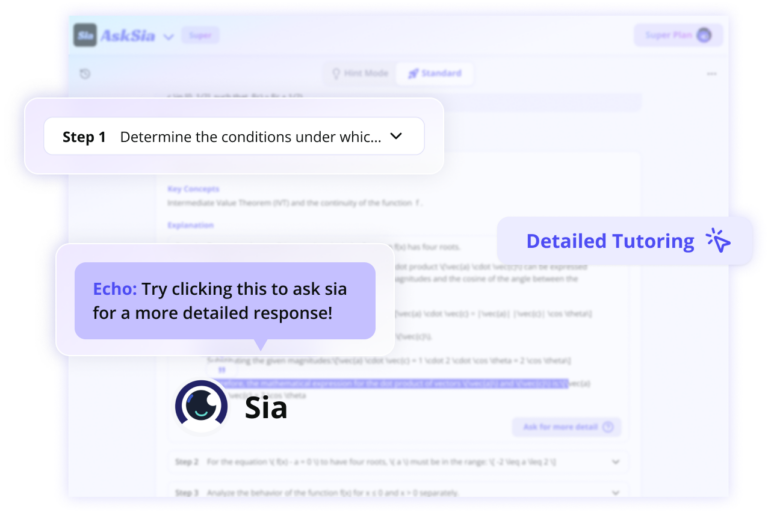An AI writing assistant improves your writing in multiple ways. It checks spelling and grammar, suggests tone adjustments, helps with brainstorming, provides content generation, and offers real-time writing suggestions. These features help you write more efficiently, accurately, and effectively across various contexts.
Yes, absolutely. Many AI writing assistants include research capabilities. They can summarize lengthy texts, provide real-time information with citations, and even help with data visualization. This saves you time and enhances the depth and accuracy of your content.
Generally, yes. However, it’s important to verify. Many AI writing assistants include plagiarism detection tools to ensure originality. Always review and fact-check AI-generated content, and consider it as a starting point rather than a final product.
Yes, they can. Many advanced AI writing assistants offer customizable personas or writing styles. They learn from your writing patterns and preferences over time, allowing them to generate suggestions that match your unique voice and style.
Yes, AI writing assistants are versatile. They can help with various types of writing including emails, essays, blog posts, social media content, and even creative writing. Many tools offer specific features tailored to different writing needs and contexts.
Security varies by provider. Reputable AI writing assistants prioritize data privacy and security. They often employ encryption, adhere to data protection regulations, and have clear policies against selling user data. Always review the privacy policy of your chosen tool.
No, AI writing assistants cannot fully replace human writers. While they’re powerful tools for enhancing efficiency and quality, they lack human creativity, emotional intelligence, and deep contextual understanding. They’re best used as collaborative tools to augment human writing skills, not replace them.











